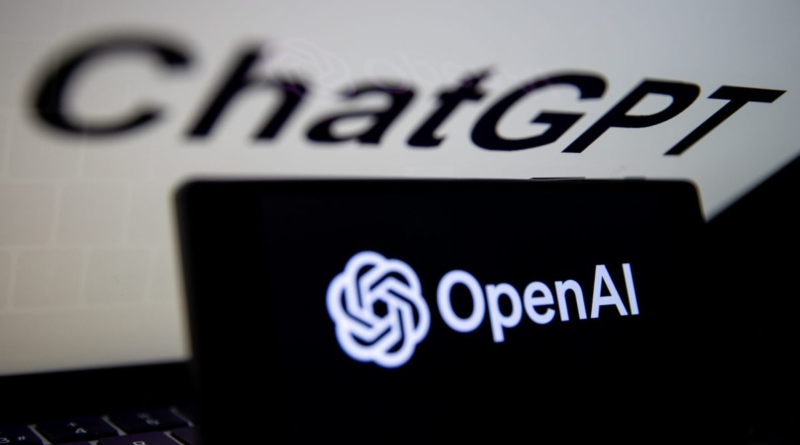OpenAI drops prices and fixes ‘lazy’ GPT-4 that refused to work
OpenAI is always making slight adjustments to its models and pricing, and today brings just such an occasion. The company has released a handful of new models and dropped the price of API access — this is primarily of interest to developers, but also serves as a bellwether for future consumer options.
GPT-3.5 Turbo is the model most people interact with, usually through ChatGPT, and it serves as a kind of industry standard now — if your answers aren’t as good as ChatGPT’s, why bother? It’s also a popular API, being lower cost and faster than GPT-4 on a lot of tasks. So paying users will be pleased to hear that input prices are dropping by 50% and output by 25%, to $0.0005 per thousand tokens in, and $0.0015 per thousand tokens out.
As people play with using these APIs for text-intensive applications, like analyzing entire papers or books, those tokens really start to add up. And as open source or self-managed models catch up to OpenAI’s performance, the company needs to make sure its customers don’t just leave. Hence the steady ratcheting down of prices — though it’s also a natural result of streamlining the models and improving their infrastructure.
GPT-3.5 Turbo also gets a new model version, 0125 (i.e. today’s date) that includes “various improvements” but apparently little that OpenAI thought worth mentioning. The last version was 0613, so it’s a little surprising they don’t mention more.
GPT-4 Turbo gets a new preview model for API use, also 0125, which has an interesting fix:
This model completes tasks like code generation more thoroughly than the previous preview model and is intended to reduce cases of “laziness” where the model doesn’t complete a task.
Perhaps the model learned the wrong lessons from the developers whose habits it ingested and embodied! Maybe AI is already quiet quitting. Good for AI!
This is still in preview mode. But GPT-4 Turbo with vision (that is, GPT-4 V) will launch to general availability “in the coming months.”
There are also a handful of new and improved text embedding models, which are more for the people on the technical side. And the company also released a new version of its free moderation API — which identifies potentially harmful text. Look for version 007 if you’re experimenting with using this to augment your moderation needs.




